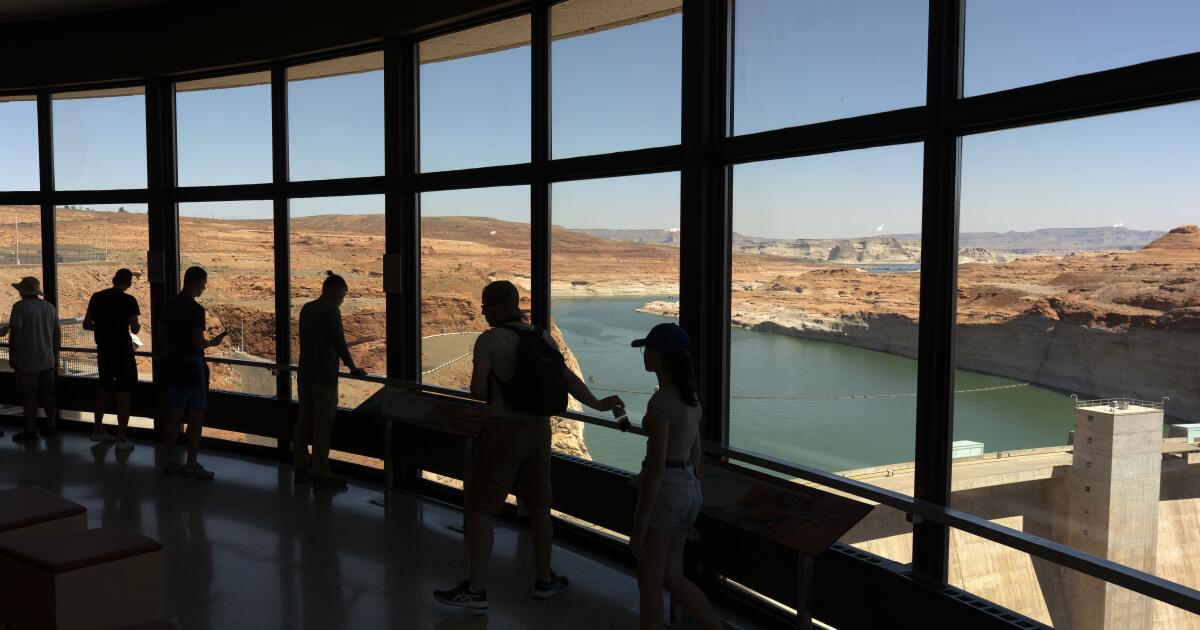
"The Colorado River, which provides water across the Southwest, has lost about 20% of its flow in the last quarter-century, and its depleted reservoirs continue to decline. But negotiations aimed at addressing the water shortage are at an impasse, and leaders of environmental groups say the secrecy surrounding the talks is depriving the public of an opportunity to weigh in."
"They meet in-person at offices and hotels in different states, never divulging the locations. The talks have been mired in persistent disagreement over who should have to cut back on water and by how much. "We need more transparency, and we need more accountability," said Kyle Roerink, executive director of the Great Basin Water Network. "I think if we had more of those things, we wouldn't be in the situation that we are currently in.""
"Roerink said there is "a failure of leadership" among state and federal officials, and "everybody else is being left in the dark." Disagreements over how mandatory water cuts should be allotted have created a rift between two camps: the three downstream or lower basin states - California, Arizona and Nevada - and the four states in the river's upper basin - Colorado, Utah, Wyoming and New Mexico."
The Colorado River has lost about 20% of its flow over the past quarter-century, and reservoirs remain depleted and declining. Seven states that depend on the river have met privately for two years to negotiate rules for shortages after current agreements expire in 2026. Talks are stalled over mandatory water cut allocations, producing a rift between lower-basin states (California, Arizona, Nevada) and upper-basin states (Colorado, Utah, Wyoming, New Mexico). Environmental groups criticize the secrecy, call for transparency and accountability, label leadership inadequate, and have released recommendations while faulting federal handling.
Read at Los Angeles Times
Unable to calculate read time
Collection
[
|
...
]